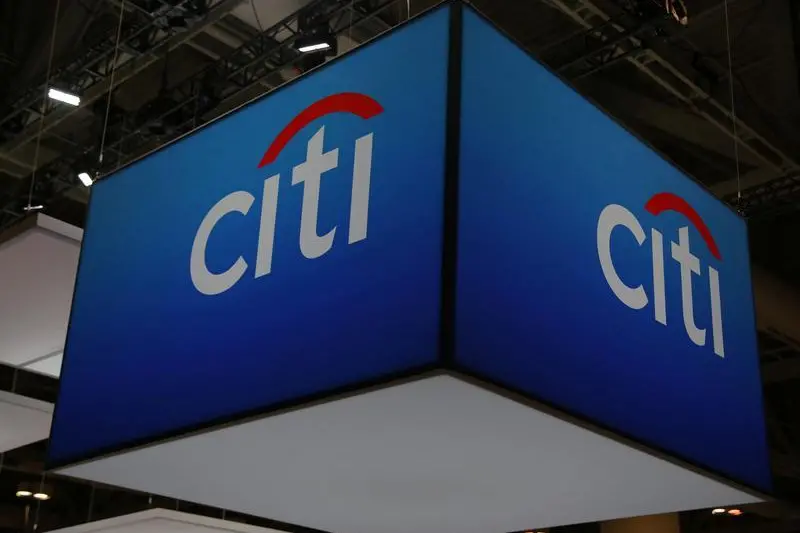PHOTO
NEW YORK - Citigroup is hitting a twofer with its new chairman. The $163 billion bank is sticking with governance best practice by appointing another independent board boss to replace Michael O’Neill when he retires at the start of January. It’s also, in John Dugan, putting in charge a former top regulator from the financial crisis.
Citi’s near-death experience in the wake of the 2008 financial crisis ought to be enough of a reminder to current executives to avoid overreaching, cutting corners or ignoring risks. Keeping a wholly independent board structure adds comfort, though. It ought to minimize the conflicts of interest that are inherent when the same person occupies both the CEO and chairman’s seat, as is the case at rivals Goldman Sachs, Morgan Stanley and JPMorgan.
Dugan’s time as comptroller of the currency ought to reinforce that. He had a low point or two in the crisis. His agency, for example, failed to spot the rapid deterioration in 2008 at one of its charges, Wachovia, and had to rely on the Federal Deposit Insurance Corp to do so. But he was hardly alone. And his experience should serve Citi well – as should that of two other regulators on Citi’s board.
Citi is the only one of the big U.S. banks valued by the market at less than its book value – if only just. Things are improving: Chief Executive Michael Corbat is on the brink of churning out double-digit returns on equity. Dugan’s appointment gives the bank significant governance brownie points, but it’s up to the whole top team to ensure the reality matches the promise.
CONTEXT NEWS
- Citigroup on Nov. 5 said John Dugan will become the bank’s chairman when the current holder of the post, Michael O’Neill, retires on Jan. 1, 2019. Michael Corbat will remain as chief executive.
(Editing by John Foley and Martin Langfield)
© Reuters News 2018





















